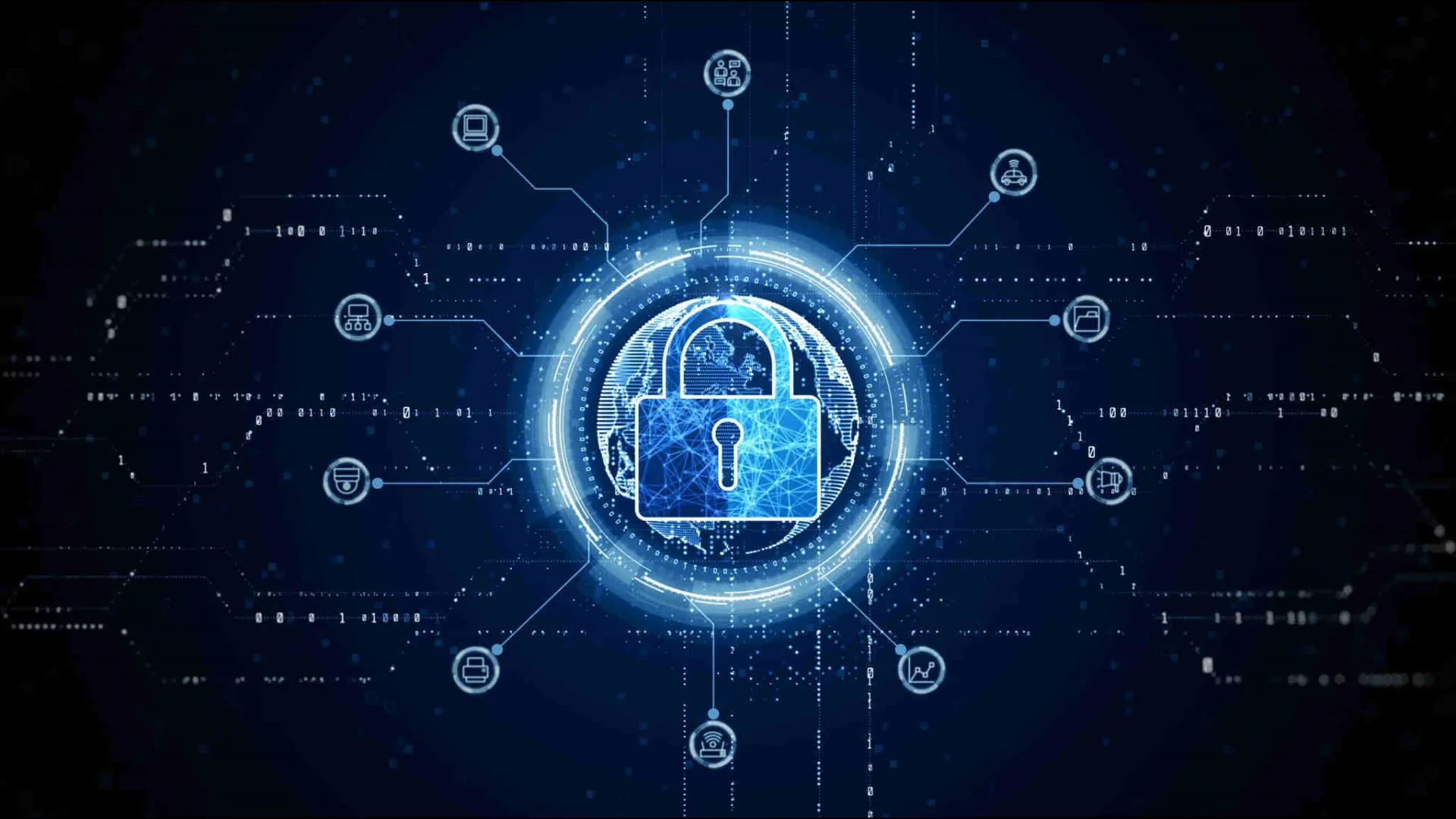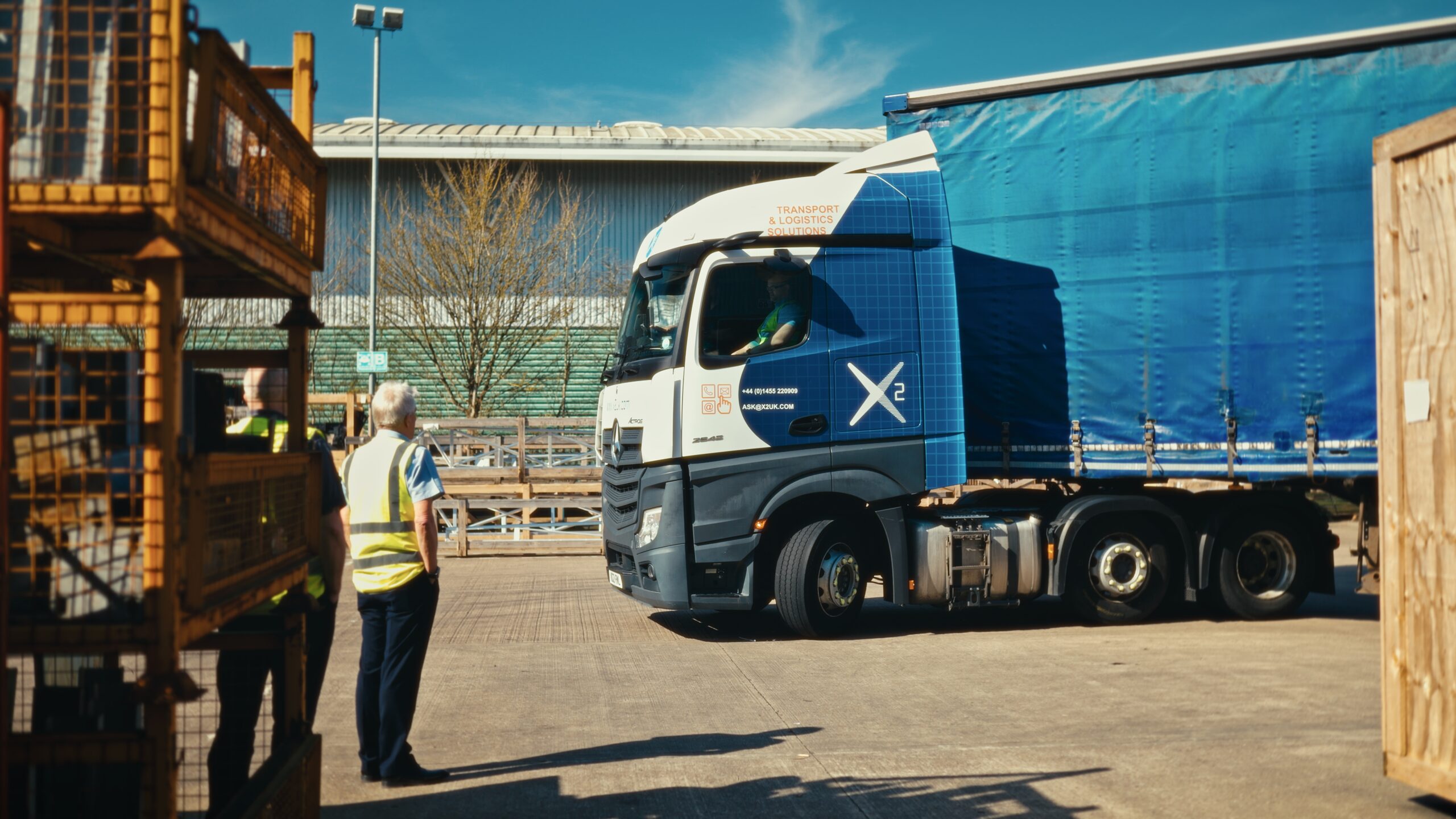The logistics industry has become increasingly digitalised, with interconnected systems, cloud-based tools, and global networks driving efficiency and transparency. This reliance on technology has exposed supply chains to a growing number of cyber threats. From ransomware to phishing, logistics providers and their partners are prime targets to disrupt operations and steal sensitive data.
Ransomware and Supply Chains: A Threat to Logistics Operations
Ransomware is one of the most disruptive forms of cybercrime affecting logistics. By encrypting critical data and demanding payment for its release, ransomware attacks can halt operations across warehouses, transport networks, and customer platforms. In fact, 64.33% of cyber threats in logistics are aimed specifically at disrupting supply chains (SOCRadar® Cyber Intelligence). [1]
The consequences are severe: shipment delays, financial losses, reputational damage, and compromised customer data. According to Logistics UK’s Logistics Performance Tracker Q1 2024, 56.9% of logistics organisations now conduct risk assessments every six months as a reflection of heightened awareness in the industry. [2]
Practical steps to mitigate ransomware risks include:
- Advanced threat detection to identify suspicious activity before damage is done.
- Regular backups and patch management, ensuring systems can be restored quickly without paying ransom
- Endpoint protection solutions, securing every device connected to the network.
At X2, we have worked with E2 Technology solutions for many years to implement a layered cyber defence system, reviewed regularly to ensure it exceeds both GDPR and Cyber Essentials requirements.
The Rise of Supply Chain Attacks: Securing a Global Network of Vulnerabilities
Modern supply chains are global and interconnected, with multiple partners, platforms, and service providers linked together. While this improves visibility and efficiency, it also creates opportunities for cybercriminals. A breach in one partner’s system can quickly cascade through the entire chain.
The logistics sector has witnessed a surge in supply chain cyberattacks, where hackers exploit vulnerabilities in interconnected networks. The risk is compounded by the complexity of international trade and reliance on third-party technology platforms.
To secure these vulnerabilities, businesses must:
- Adopt a zero-trust architecture, ensuring every access request is verified.
- Deploy next-generation firewalls to secure the network perimeter.
- Strengthen collaboration with technology partners who uphold the same cybersecurity standards.
At X2, we recognise that cybersecurity is no longer just an innovation, it is a core necessity. The Logistics Trend Map highlights that mention of cybersecurity by C-Suite executives have declined from 150 in 2022 to 90 in 2024, reflecting its role as essential business hygiene rather than a differentiator. [3]
Social Engineering and Phishing: The Human Factor in Cybersecurity Threats
While advanced tools protect networks and systems, human behaviour remains one of the biggest vulnerabilities. Phishing attacks and social engineering tactics target employees to gain unauthorised access to systems, often through fraudulent emails or fake login pages.
Training staff to recognise and report suspicious activity is critical. This is why X2 has introduced cyber awareness training for all employees, complementing our technical defences. Best practices include:
- Encouraging strong passwords and two-factor authentication.
- Simulated phishing exercises to help staff identify malicious attempts.
- Clear reporting channels for suspected incidents.
Solutions That Work: Leveraging Cloud Security to Stay One Step Ahead
As logistics embraces digital transformation, cloud technology is at the heart of modern supply chain operations. Cloud solutions enable collaboration, visibility, and real-time decision-making, but they also require strong security controls to protect sensitive data.
Effective strategies include:
- Advanced threat detection tools in cloud environments to spot anomalies.
- Zero-trust verification models across cloud platforms.
- Regular audits and updates to ensure compliance with international standards.
X2 has partnered with E2 Technology solutions to maintain a proactive and resilient cybersecurity posture. ‘With regular reviews, layered defences, and our journey toward Cyber Essentials Certification, we demonstrate our commitment to protecting client data. Our systems not only meet but exceed compliance standards, offering peace of mind to our partners and customers says Scott Phillips. The global logistics cybersecurity market is expected to grow at a 12% CAGR from 2024 to 2037, underscoring the importance of continued investment in digital defences. [4]
The logistics industry faces constant pressure from cyber threats, with ransomware, supply chain attacks, and phishing among the most pressing risks. Combining advanced technology, strong partnerships, and continuous staff training, businesses can transform vulnerability into resilience. At X2, cybersecurity is embedded into our operations. By working with E2 Technology solutions, implementing layered defences, and rolling out cyber awareness training, we go beyond compliance to protect both our business and our client data.
Find out more about what we do here.

